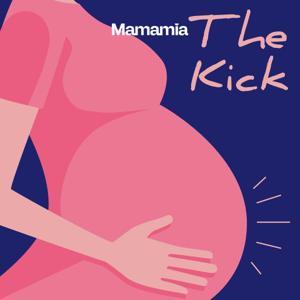If you've ever walked out of an appointment being told "everything looks fine, just keep trying," but deep down you knew there was more to the story, this episode is for you. Today, I'm taking you behind the scenes of what it's really like to work with me inside private, functional fertility coaching, how we move beyond basic blood work and five‑minute check‑ins, and instead piece together your unique fertility story with curiosity, compassion and strategy.
You'll hear how I step into fertility "FBI mode," how I support both you and your partner, and why this kind of guidance can change not only your chances of getting and staying pregnant, but the long‑term health of both you and your partner and your future baby. Stay tuned, because by the end of this episode, you might recognize exactly what's been missing on your TTC journey and what it could feel like to finally have someone in your corner.
If you're LOVING this podcast, please follow and leave a rating and review below. PLUS FOLLOW MY INSTAGRAM PAGE HERE FOR BITE SIZED TTC TIPS!
Related Episode Links:
- CLICK HERE TO SIGN UP FOR THE MARCH BRONZE PACKAGE (limited spots available)
- For full show notes and related links: https://www.naturallynora.ca/blog/179
Need Nora's Support To Get Pregnant?
- Click here for a collection of Nora's best self paced programs to get & stay pregnant
- Apply for Private Fertility Coaching with Nora here
Grab Your FREE Resources:
- Just starting your TTC journey? Download my Eat To Get Pregnant Guide
- Having trouble getting and staying pregnant? Download my Top 3 Things To Do When You're Not Getting Pregnant
- Wondering what supplements to take to help you conceive? Download my Fertility Foundations Supplement Guide
Please Note: The contents of this podcast are for educational and informational purposes only. The information is not to be interpreted as, or mistaken for, clinical advice. Please consult a medical professional or healthcare provider for medical advice, diagnoses, or treatment.




































